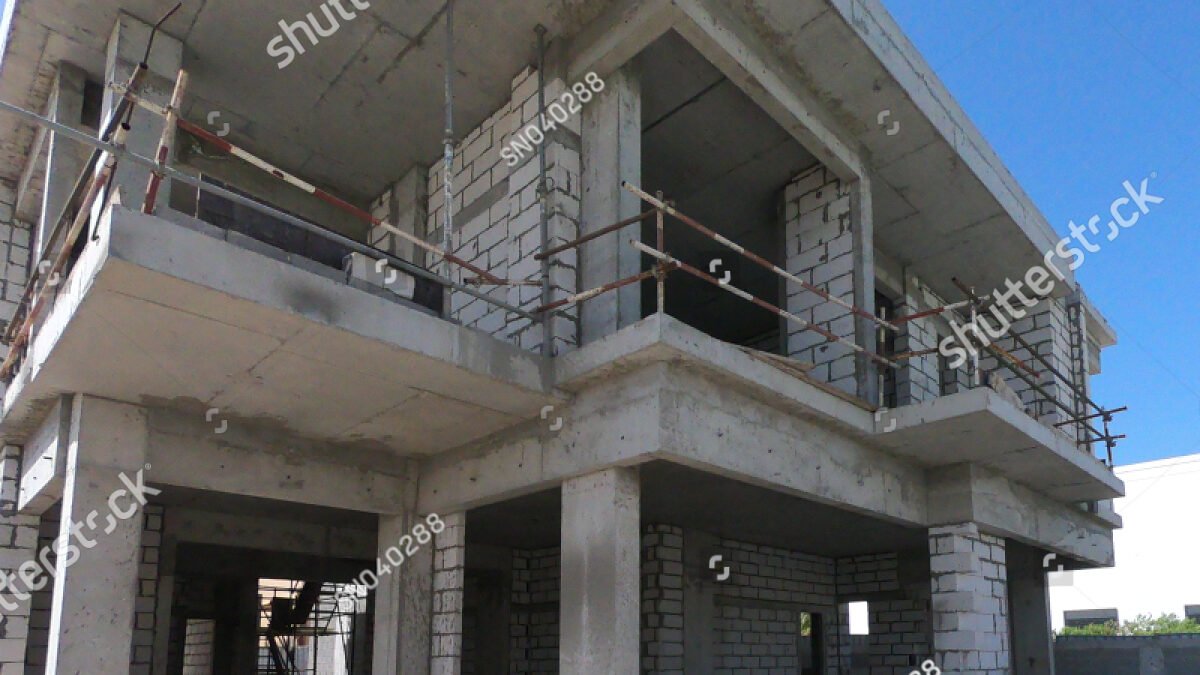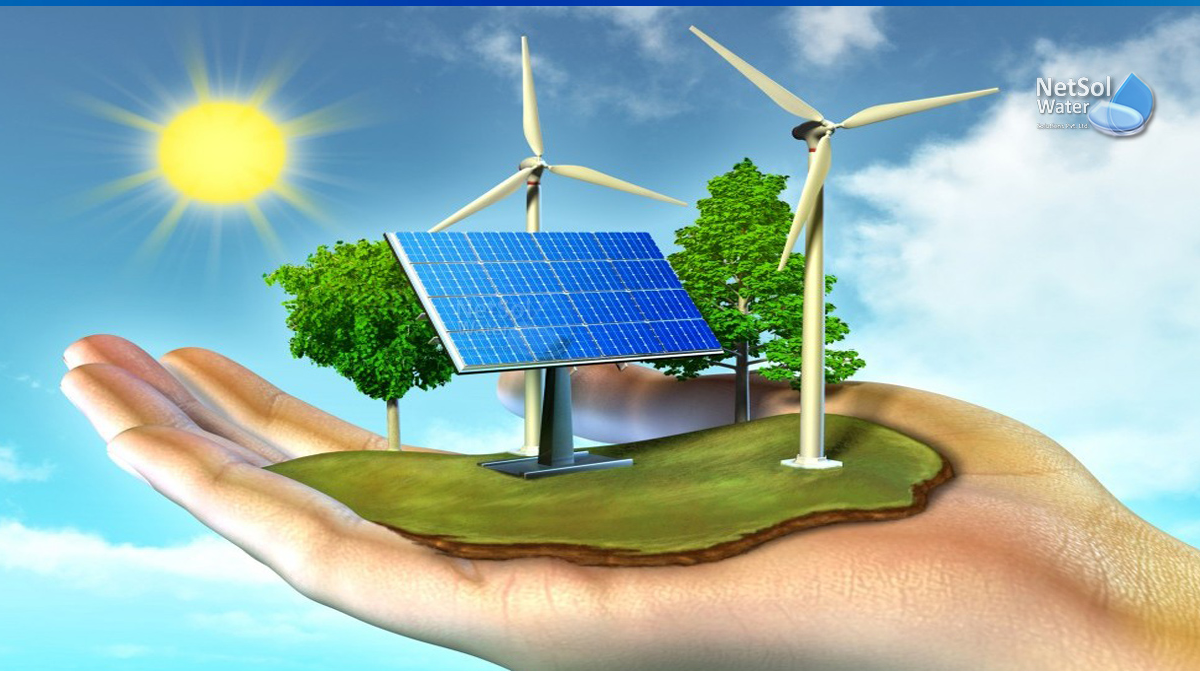Now Reading: Future Urban Tech 2025: How Your City Will Transform
-
01
Future Urban Tech 2025: How Your City Will Transform
Future Urban Tech 2025: How Your City Will Transform

Table of Contents
In a world driven by digital transformation, climate urgency, and rapid urban growth, the Future Urban Tech 2025 Plan emerges as a game-changer. This strategic initiative aims to reshape cities with smart technologies, eco-friendly infrastructure, and inclusive digital services—preparing urban spaces for the future.
As we step into the mid-2020s, city governments, tech giants, urban planners, and citizens are collaborating more than ever to reimagine how cities should work. The 2025 plan focuses on improving mobility, housing, energy use, public safety, and sustainability through advanced technology.
Let’s dive into what this plan includes, and how it might affect your daily life.
1. Smart Transportation and Mobility
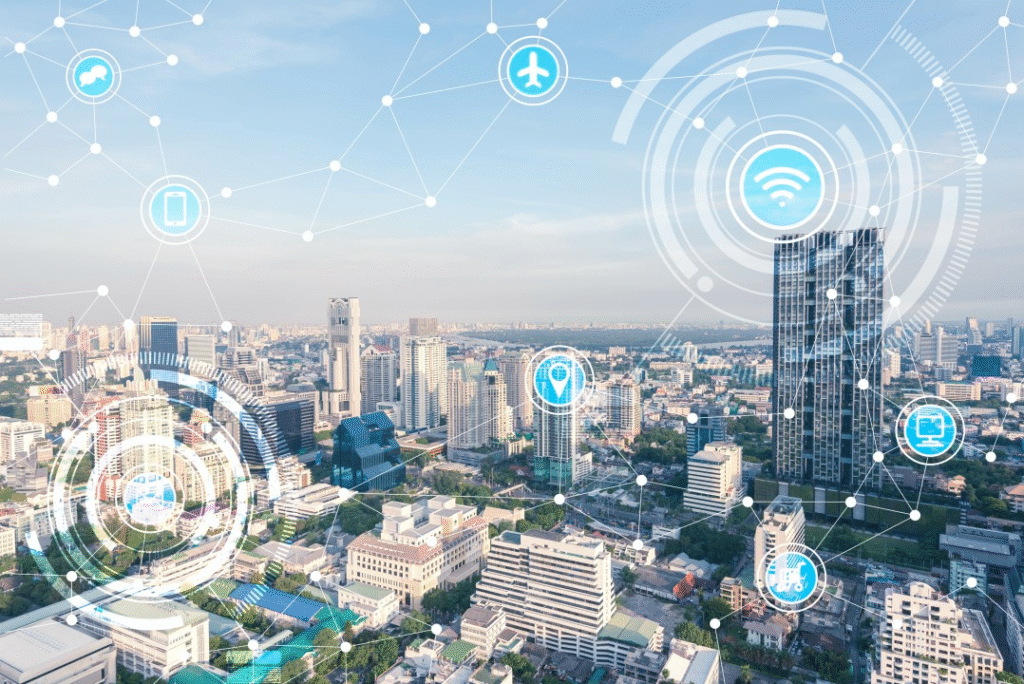
One of the biggest highlights of the Future Urban Tech 2025 Plan is the overhaul of public and private transportation. Cities are moving fast to adopt electric buses, self-driving taxis, and AI-managed traffic systems.
- Autonomous Vehicles (AVs): Pilot zones are being set up in major cities like Singapore, Dubai, and San Francisco for testing AVs that reduce human error and cut down traffic jams.
- AI-Powered Traffic Flow: Smart sensors and cameras will monitor traffic in real time, helping divert vehicles to less congested routes.
- Hyperloop and High-Speed Rail: Though still under development, ultra-fast public transport could drastically reduce intercity commute times by 2025–2030.
In short, mobility in 2025 will be cleaner, faster, and less stressful.
2. Green Cities with Clean Energy
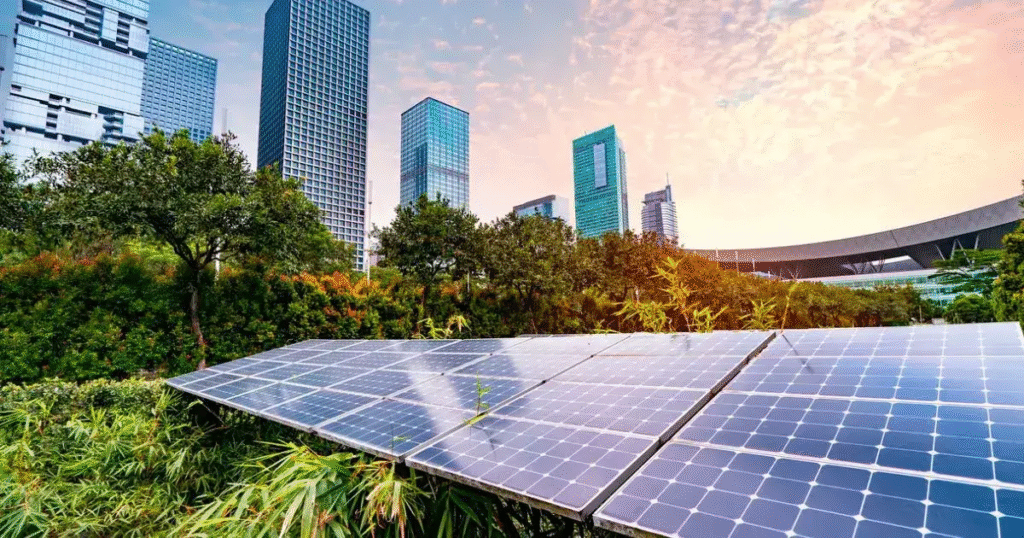
Environmental concerns are at the core of urban innovation. The 2025 plan includes the mass integration of solar energy, green rooftops, and energy-efficient buildings.
- Smart Grids: Cities like Amsterdam and Tokyo are investing in energy-efficient smart grids that automatically adjust power supply based on usage trends.
- Urban Forests and Vertical Gardens: These not only cool down cities but also reduce carbon footprints and improve air quality.
- Carbon-Neutral Zones: Some cities are creating “zero-emission neighborhoods” where only electric vehicles are allowed and waste is recycled locally.
Sustainability isn’t just a buzzword anymore—it’s becoming a basic design principle for urban life.
3. Digital-First Public Services

Urban governments are turning to AI, blockchain, and cloud computing to make public services more responsive and transparent.
- Digital IDs and e-Government Portals: From applying for permits to paying taxes, citizens will be able to do almost everything online through a secure digital ID.
- AI Chatbots for Government Helpdesks: Waiting in long lines or on hold is becoming a thing of the past as smart bots handle routine queries.
- Predictive Policing and Emergency Response: Using data analytics, cities can now forecast crime hotspots or respond faster to emergencies like floods and fires.
These smart upgrades are designed to save time and boost public trust.
4. Affordable and Modular Housing

With global urban populations growing, cities face the challenge of providing affordable housing. The 2025 plan supports the use of 3D-printed homes, modular apartments, and co-living models.
- 3D Printed Homes: Already in use in the UAE, these homes are quick to build, sustainable, and cost-effective.
- Tiny Homes and Co-Living Spaces: Cities like New York and London are promoting compact living spaces that focus on community and shared amenities.
- Smart Homes: More houses will be equipped with energy-saving smart devices—from thermostats to lighting to security.
These housing solutions not only reduce costs but also cater to the lifestyles of modern urban dwellers.
5. Future-Ready Education and Jobs

Urban Tech 2025 is not just about buildings and roads. It’s also about preparing people for the future.
- STEM-Focused Urban Schools: Cities are investing in high-tech classrooms, coding academies, and AI labs for children.
- Remote Work Hubs: Smart cities are creating co-working and remote work-friendly zones, with high-speed internet and business services.
- Digital Literacy for All: The plan promotes free online courses and public Wi-Fi access to ensure no one is left behind.
By 2025, cities won’t just be smarter—they’ll help people become smarter too.
6. Data Privacy and Urban Ethics

With more data being collected from citizens via sensors, apps, and cameras, privacy and ethics are major priorities.
- Transparent Data Use: Governments are being pushed to adopt open-data policies and explain how citizen data is collected and used.
- Cybersecurity Frameworks: With increasing reliance on tech, strong security systems are essential to prevent hacking or system failure.
- Citizen Feedback Loops: Many smart cities are launching digital platforms where citizens can vote or comment on local policies in real-time.
The idea is to make tech work for the people, not the other way around.
7. Global Collaborations and City Networks
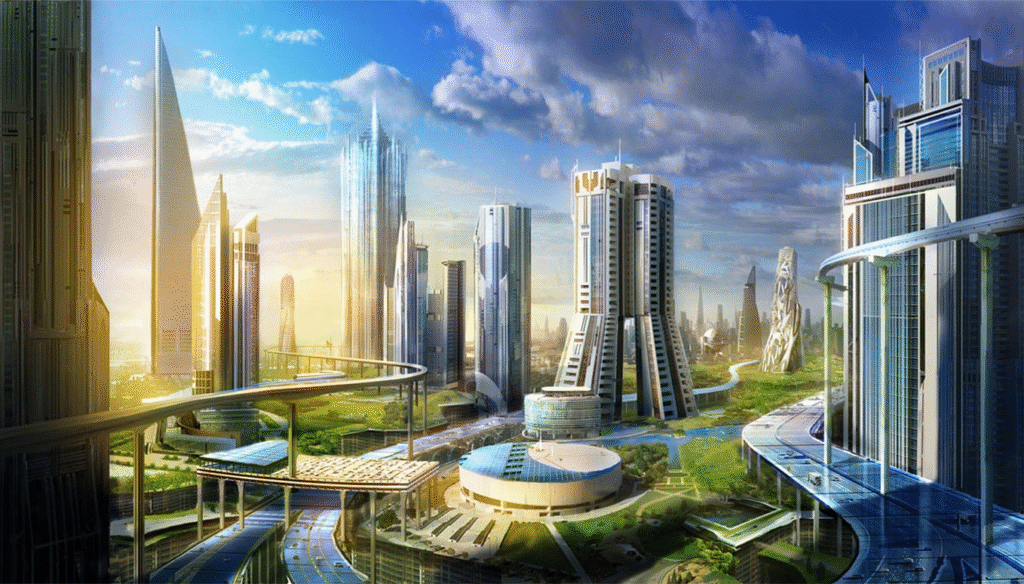
Urban challenges are global—and so are the solutions. Through the Urban Tech 2025 Plan, city leaders are sharing ideas and resources across borders.
- Smart City Summits and Hackathons are helping cities crowdsource ideas from global talent.
- Partnerships with Big Tech: Companies like Google, Siemens, and IBM are working hand-in-hand with city planners to build scalable tech solutions.
- Open-Source Urban Platforms: Several cities are collaborating to build open-source software tools for transportation, waste management, and energy tracking.
This global teamwork ensures no city has to start from scratch.
Final Thoughts: Is Your City Ready?
The Future Urban Tech 2025 Plan is not just a vision—it’s already in motion. While the speed of adoption will vary from city to city, the trend is clear: smarter cities are coming, and fast.
For citizens, this means more convenience, better safety, greener environments, and more connected communities. For businesses and governments, it opens the door to innovation, growth, and resilience.
Now is the time for everyone—citizens, planners, and leaders—to get involved in building the urban future we all want to live in.
Read More:- Deyaar’s Latest Announcement Shakes Up the UAE Property Market



